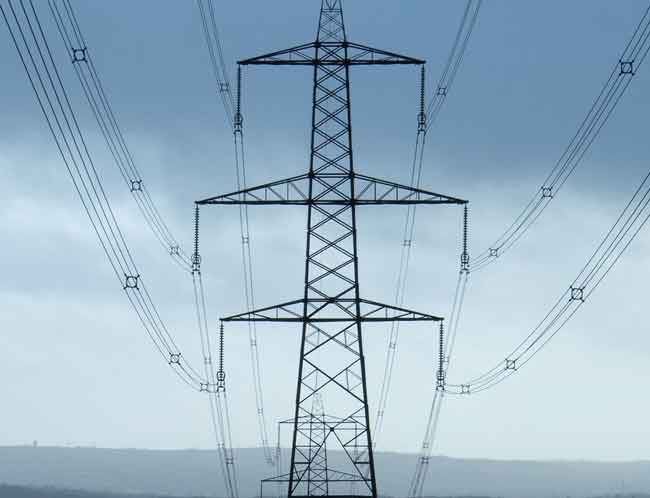New England utility striving for focus
MASSACHUSETTS - Northeast Utilities officials hope a leaner, more focused company emerges in the wake of their decision to sell off all of the company's nonregulated businesses.
The Berlin-based utility said it would divest Select Energy Inc., its retail marketing unit, and its unregulated energy generating businesses in order to focus entirely on its regulated energy transmission, distribution and generation operations.
The unregulated power business includes power plants in Connecticut and Massachusetts with 1,440 megawatts of generating capacity, the company said. Almost 90 percent of that capacity is from hydroelectric generators.
NU expects to complete the sale by the end of 2006. Proceeds will be used to pay down debt and invest in its remaining regulated businesses, the company said.
The divestiture will not affect the company's utility customers, company spokeswoman Mary Jo Keating said.
The recent announcement came eight months after NU announced plans to exit its wholesale marketing and energy services businesses.
The state Department of Public Utilities Control is not required to act on the company's divestment plan, said Beryl Lyons, a DPUC spokeswoman.
NU's intent, Keating said, is to focus more on its core business, which is made up of four utility companies: Connecticut Light & Power Co., Public Service of New Hampshire, Western Massachusetts Electric Co. and Yankee Gas Services Co. CL&P, the company's largest utility, supplies electricity to 1.2 million homes and businesses, or 80 percent of the state.
The four regulated companies earned $38.6 million in the third quarter, a 2 percent increase from $37.8 million in the third quarter of 2004, the company said. In contrast, NU Enterprises Inc., the holding company for the utility's unregulated competitive businesses, lost $129.6 million in the third quarter, compared with a loss of $43 million in the third quarter of 2004.
Overall, NU reported a loss of $94.5 million, or 73 cents a share, for the quarter, compared with a $7.9 million loss, or 6 cents a share, in the same period last year.
The company began a review of its competitive, non-utility businesses after experiencing "weaker-than-expected success" in attracting customers, Charles W. Shivery, NU's chairman, president and chief executive officer, said in February.
Stephen J. Humes, an attorney at Hartford-based McCarter & English who represents clients in the energy industry, told the Associated Press on Monday it is "difficult" to make money in the businesses NU is exiting due to economies of scale and rules in dealing with local utilities.
"The sad fact is that, in the last few years, the number of competitive natural gas suppliers and competitive energy suppliers that have tried to succeed in a deregulated energy environment in Connecticut is shrinking," he said.
Related News

London Gateway Unveils World’s First All-Electric Berth
LONDON - London Gateway, one of the UK’s premier deep-water ports, has unveiled the world’s first all-electric berth, marking a significant milestone in sustainable port operations. This innovative development aims to enhance the port's capacity while reducing its environmental impact. The all-electric berth, which powers vessels using electricity instead of traditional fuel sources, is expected to greatly improve operational efficiency and cut emissions from ships docking at the port.
The launch of this electric berth is part of London Gateway’s broader strategy to become a leader in green logistics, aligning with the UK’s ambitious climate goals. By transitioning to electric…




